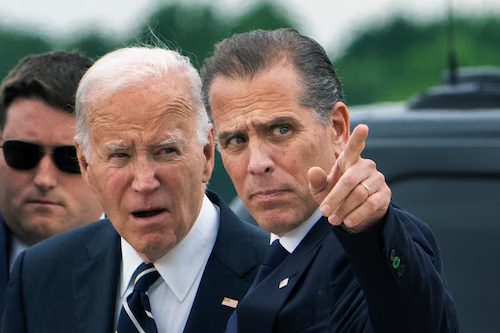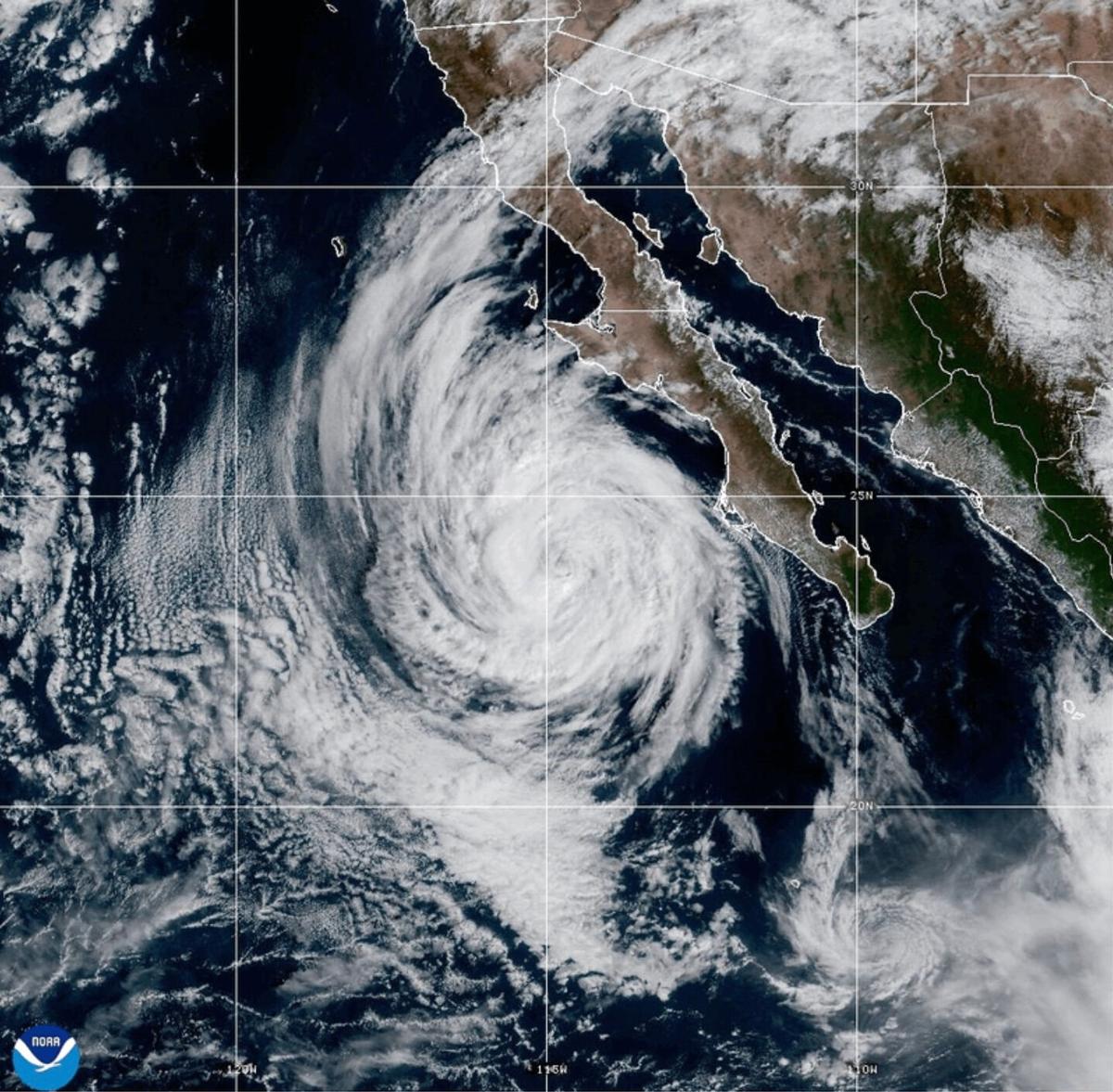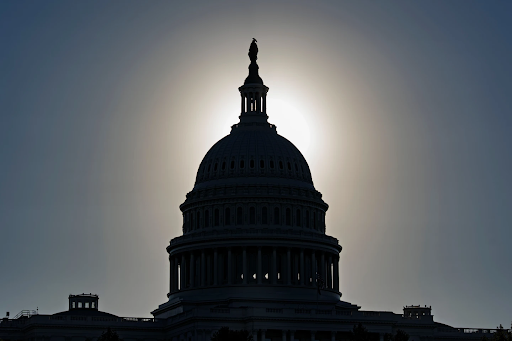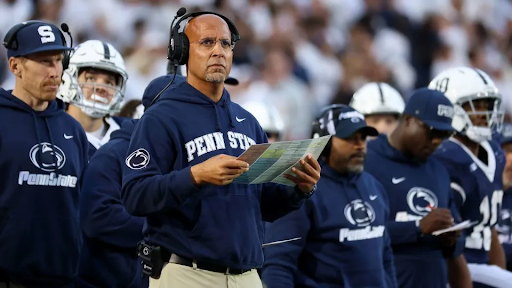On Monday, April 23 police arrested 47 pro-Palestinian protesters at Yale in Connecticut. In a statement, the university warned that any students arrested in connection to the protest would be referred to disciplinary action, as reported by The Guardian. Yale is just one example; the New York Police Department removed a pro-Palestinian protest encampment off Gould Plaza at New York University (NYU). At Columbia University, over 100 arrests were made of people demanding the school cut ties with Israel.
CNN reports that Colombia canceled in-person classes to ensure the safety of students after anti-Semitic incidents were reported in conjunction with demonstrations in support of Palestine. Jewish students at Columbia reported feeling unsafe, especially during the Jewish holiday of Passover which started Monday, April 22. Joe Biden and the White House have condemned the “anti-Semitic protests” happening at college campuses across the East coast, the epicenter for pro-Palestinian demonstrations.
The BBC reports that protesters on many college campuses have called for their respective universities to stop investing in businesses supplying or supporting Israel. After the mass arrests at Yale, NYU, and Columbia, many more across the country have stood in solidarity with those that were arrested.
Many have decried the shutting down of demonstrations on the college campus a violation of First Amendment rights. However, as the Wall Street Journal explains, as private institutions, universities can set and enforce their own rules on speech.
As demonstrations heat up on college campuses and cities throughout the United States, so too does the war in Gaza. In a Gallup poll, it is found that a majority of Americans disapprove of the actions Israel has taken in Gaza, and many find the spike in anti-Semitism troubling.




















